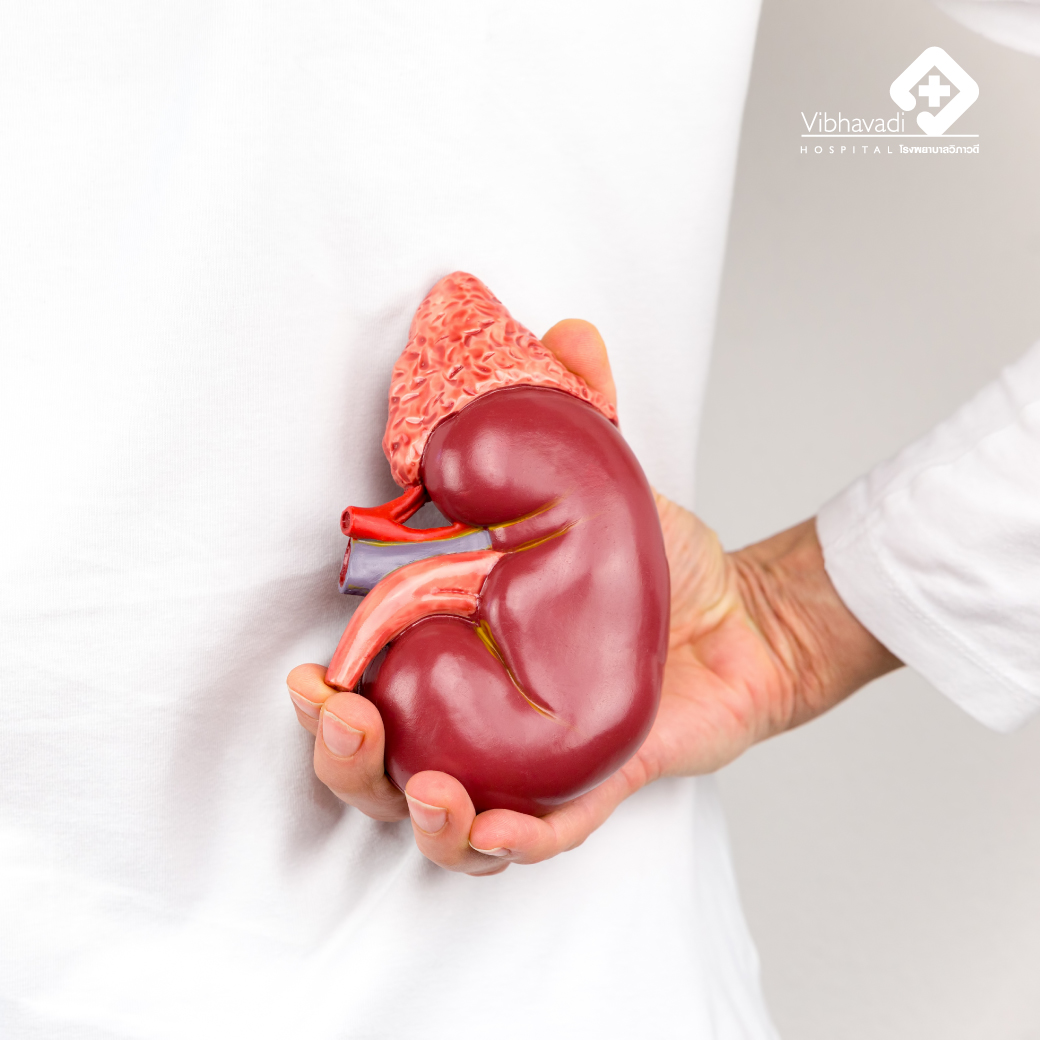Positive and Negative Thoughts
Positive and Negative Thoughts
Dr. Veerawut Ekkamonkul
Psychiatrist at Vibhavadi Hospital
Many people are accustomed to living in various forms of misery, which are all caused by negative thoughts. Negative thoughts bring on negative emotions, such as anxiety, loneliness, boredom, depression, anger, irritability, frustration, and despair. As these thoughts are ruminated upon, brain waves become more chaotic and high-frequency, causing the body to release substances of suffering and stress that can damage physical health. Conversely, when positive thinking is practiced, one can experience happiness, cheerfulness, and calmness, as well as a greater ability to think clearly and systematically. Although people may be unfamiliar with or unskilled in positive thinking, with practice it can bring many benefits, such as improved physical and mental health, as well as improvements in creative works, as seen in the accomplishments of many professors and geniuses. Scientific evidence has found that when positive thinking is practiced, brain waves become characterized by lower frequencies and less chaos, while the body releases substances of happiness and peace, which positively affects physical and mental health.
Negative thoughts often arise automatically and unconsciously. These thought patterns may be the result of having been exposed to certain ideas from important figures from our childhood, such as parents, teachers, relatives and friends, or from television programs. Additionally, feelings of low self-esteem, such as feeling unloved, unattractive, or disabled, can also lead to the development of negative thoughts. Over time these thought patterns become more and more ingrained, making it difficult to shake them off. Negative thoughts can come in many forms, both obvious and subtle, which can make them hard to identify. But ultimately, they can lead to distraction and suffering.
Negative thoughts can be a way of blaming others for our own misfortune. We may ask ourselves questions like “why is he not good to us?” or “why did he have to do that?” which implies that we are right and they are wrong. This type of thinking can lead to feelings of anger, resentment, and dissatisfaction. Negative thoughts can also be a form of self-blame; asking ourselves questions like “why are we not good enough?” or “why are we so unlucky?” These thoughts can be torturous and can lead to feelings of misery, bitterness, pain, and anxiety. For those who are prone to anxiety, these negative thoughts are particularly difficult to manage. There are many types of fears, including fears of rejection, worrying about the suffering of loved ones, etc. that can lead to further negative thought patterns.
Instead of letting fear take over and causing lack of self-confidence, those with a positive mindset can look past small problems and find solutions to the bigger ones. Instead of sitting around worrying, focus on finding an appropriate solution and looking for the positive aspects of life. To combat negative thinking, stay focused on positive thoughts, words, and actions whenever negative thoughts appear. With practice, positive thinking will become easier, allowing you to make better decisions and lead a healthier lifestyle. Find activities that promote health and self-esteem, such as sports, music, arts, crafts, language learning, and activities that help others. Develop a supportive network of family and friends to rely on.















